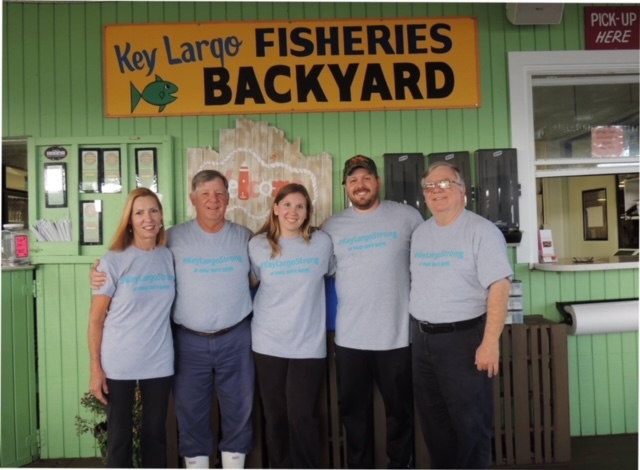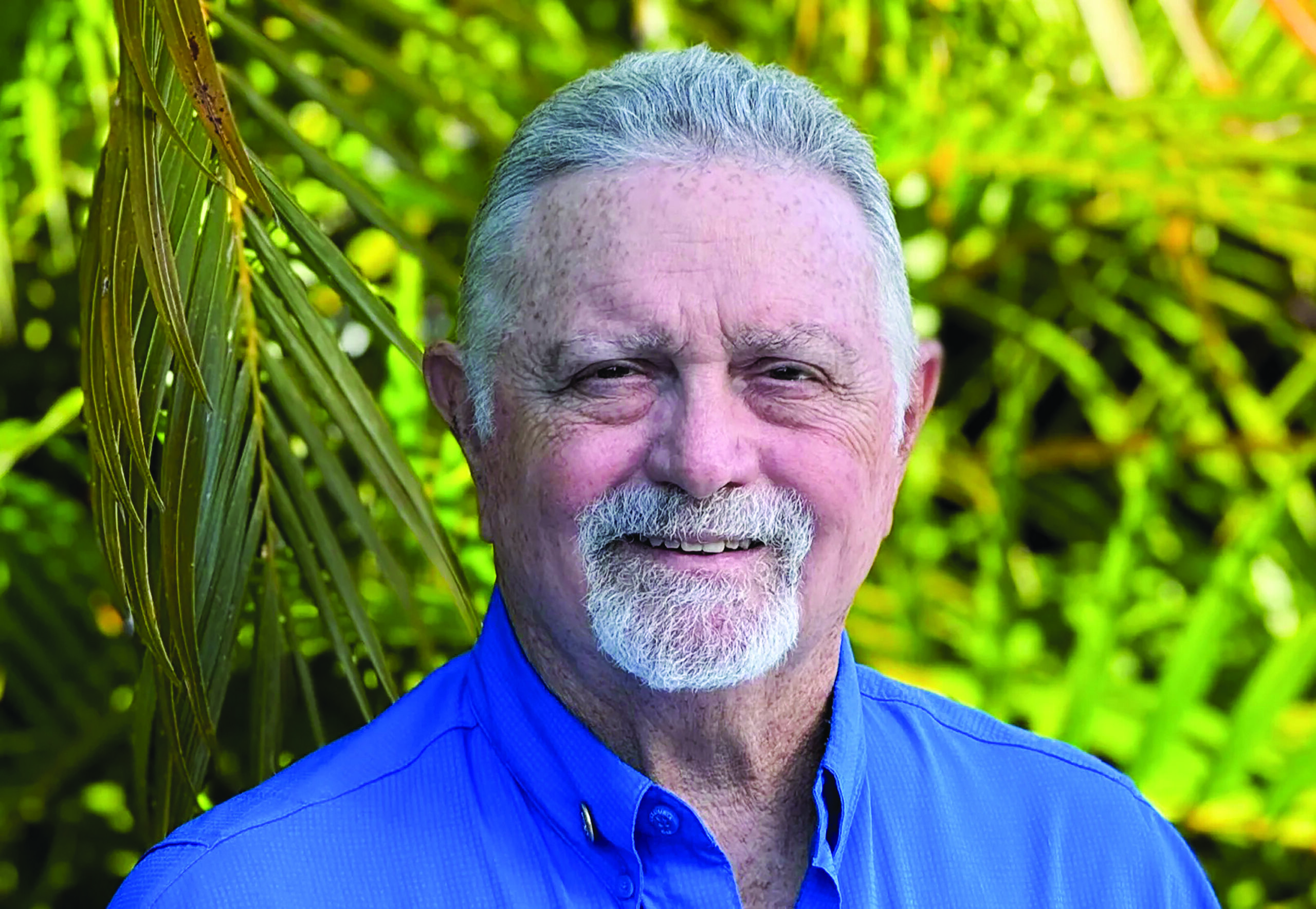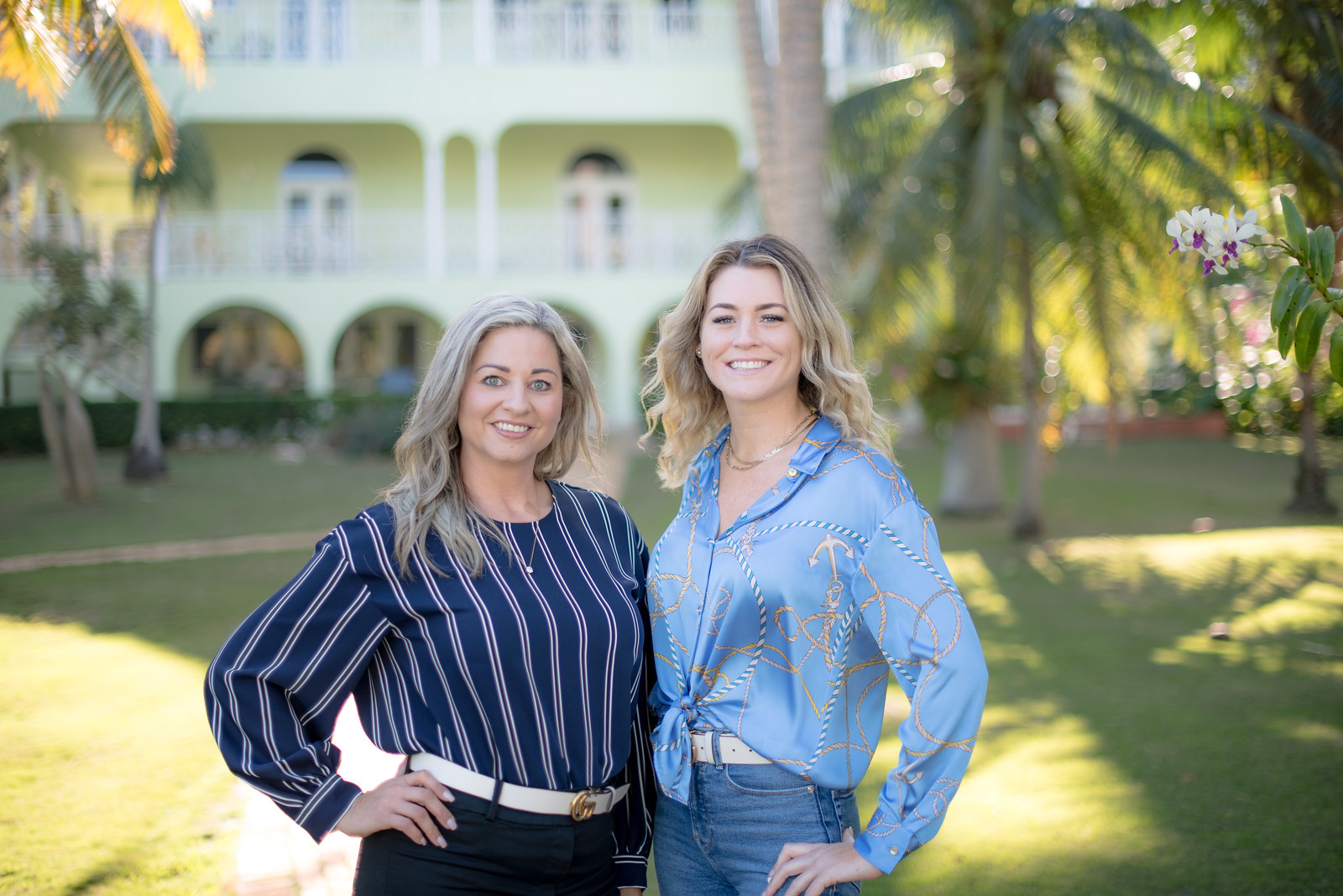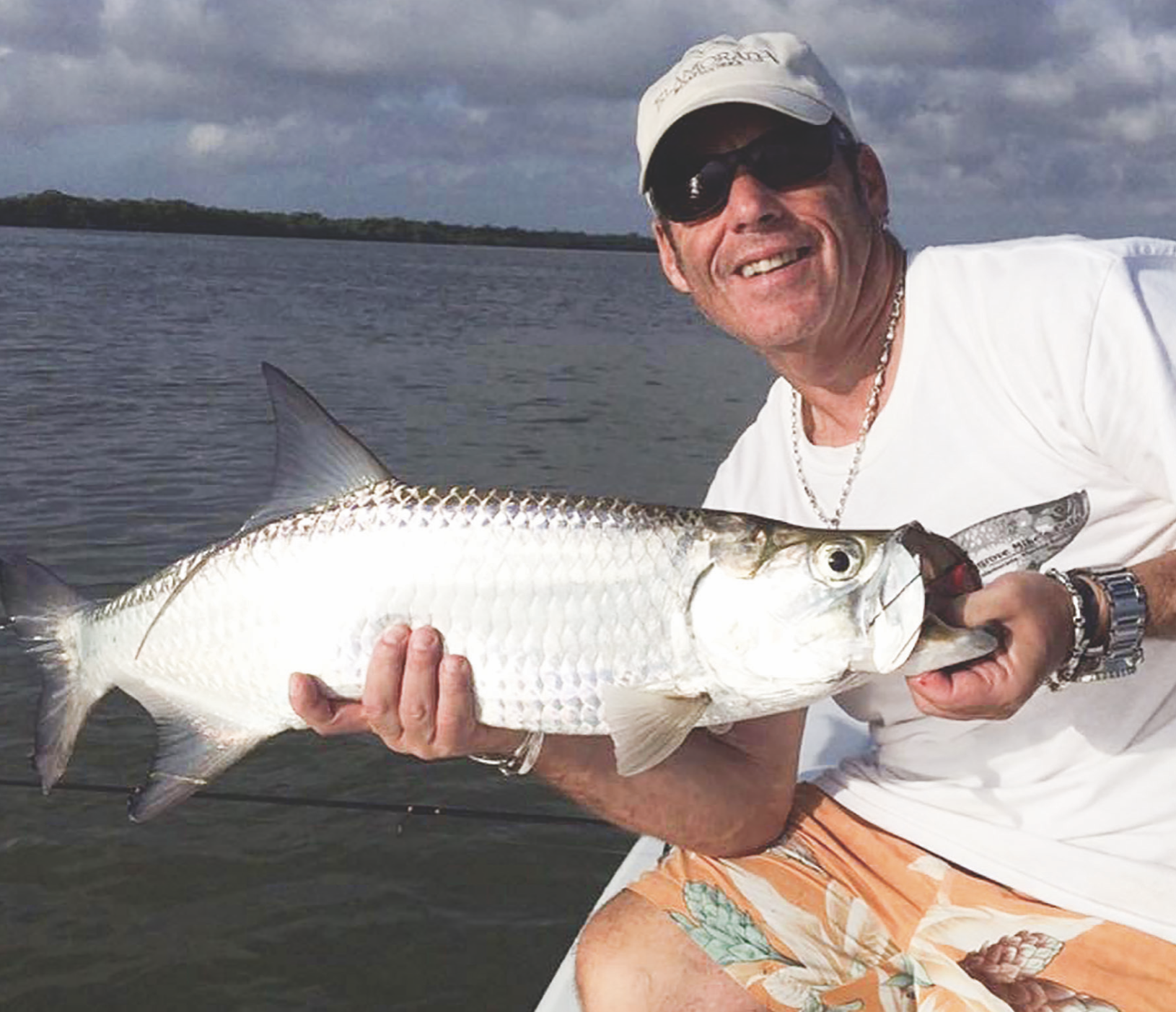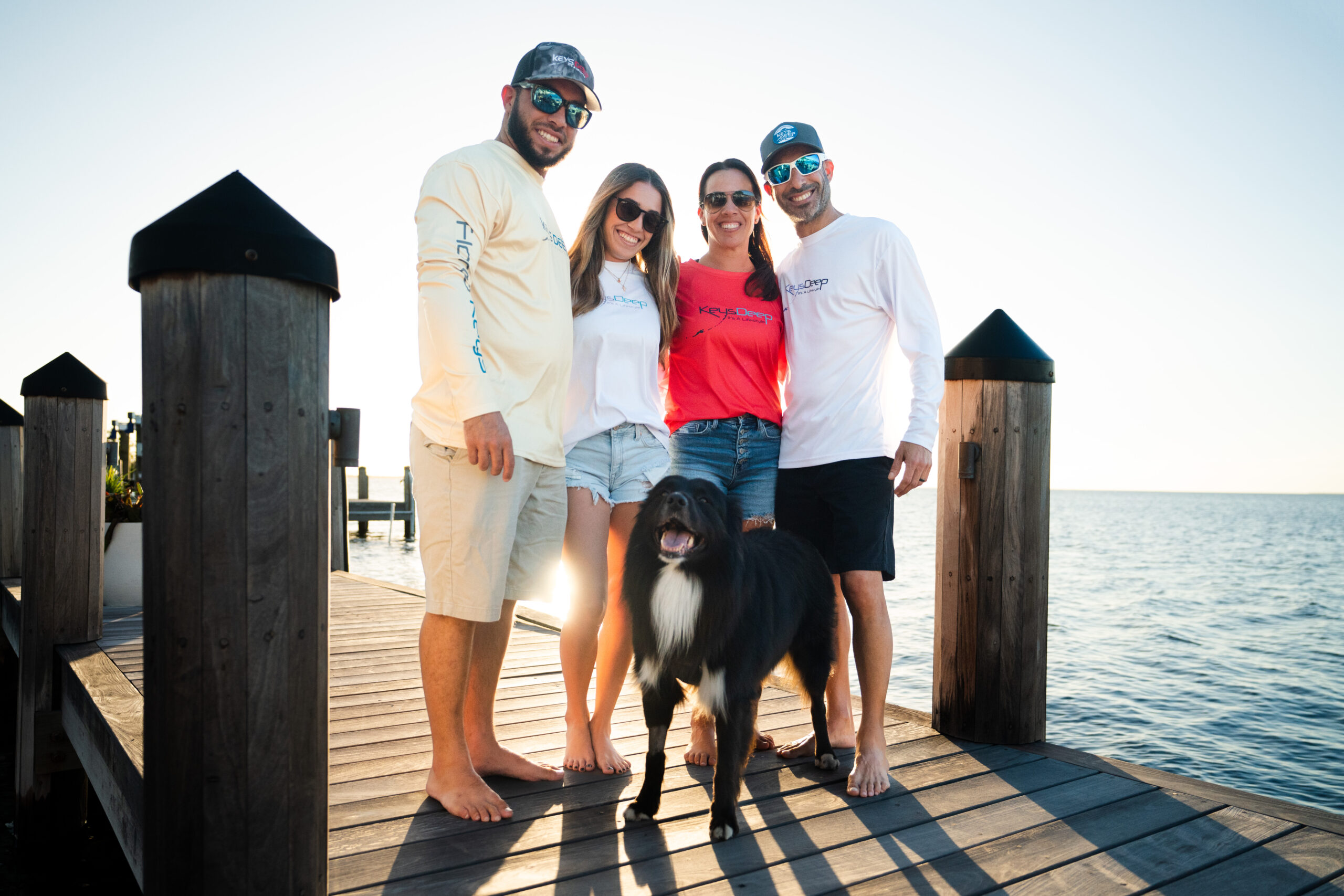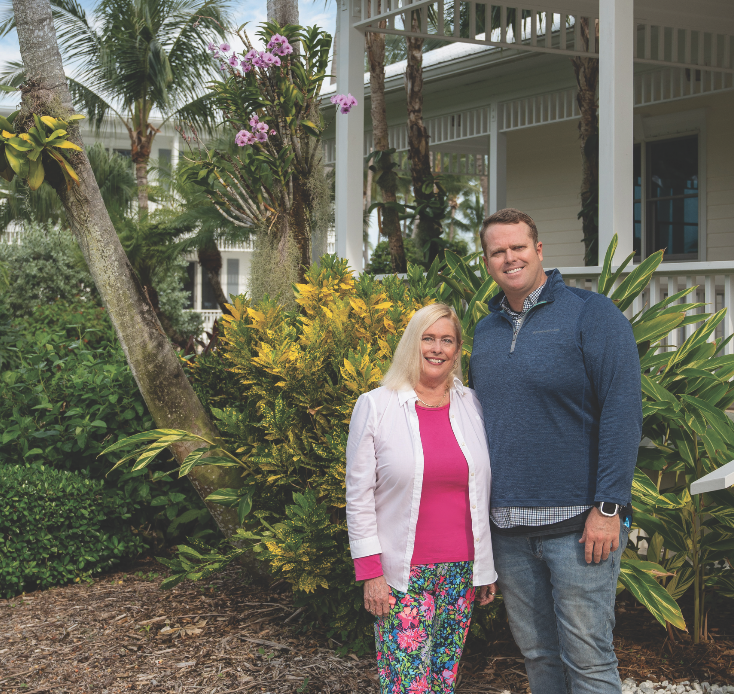Marrying shortly after World War II, Jack and Dottie Hill went on to build a legacy in the Keys for both their family and the community. Little by little and hand in hand, they transformed 5 plots of land into a thriving business as their family grew. Key Largo Fisheries has since become a cornerstone in the fishing community, further built upon by their children and grandchildren.
Their two sons, Tom and Rick Hill, were only teenagers when their endeavor first began. They both helped as needed, but their focus remained on their schooling. After graduating high school, Tom went to Miami Dade College and earned his degree in aerospace engineering. He had his sights on becoming a pilot, but his sights shifted, albeit still on the sky. He decided to pursue Christian Education and moved to Oklahoma to get his degree from Oral Roberts University.
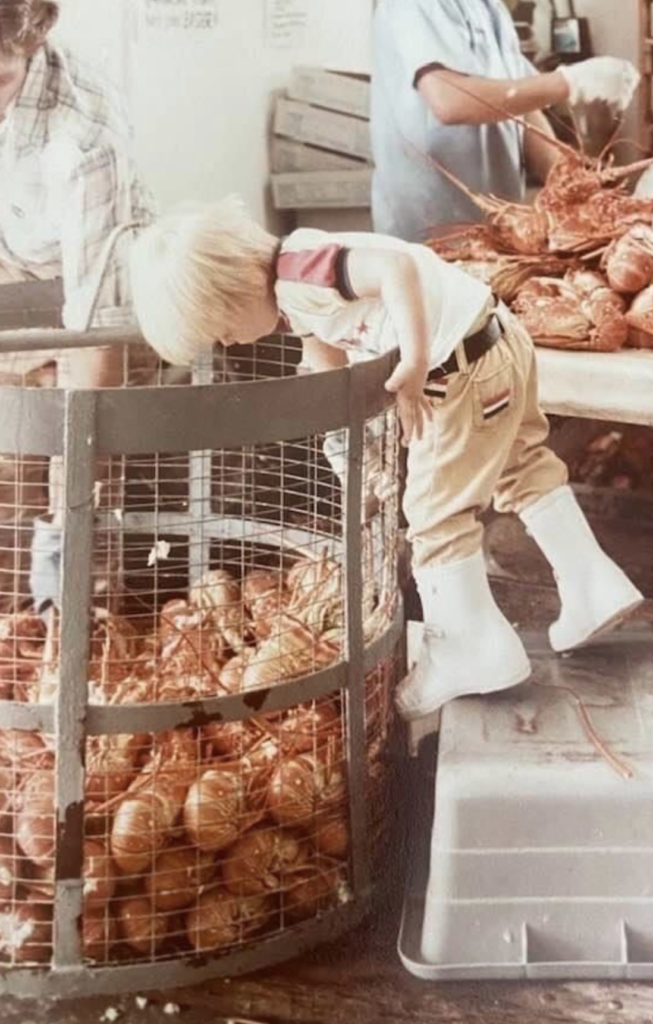
Rick finished high school a few years after Tom and set his sights closer to home. He already knew what trade he wanted to pursue: fishing. Rick got a small vessel and a mentor to teach him about ballyhoo fishing. He did so well that he soon bought a bigger boat and expanded that part of the family business considerably. Tom soon resettled in the Keys with his wife, Gail, and son, Tim, and soon had a daughter named Carrie. Rick built a family as well. He and his wife, Jayne, have three children, Adam, Jana, and Audra. As their family expanded, so did their family business.
With both sons at the helm with their parents, Key Largo Fisheries grew quickly. Hand in hand, they seized every opportunity that arose to the benefit of their business and the fishing community. They even created markets that didn’t exist before for undervalued fish, including hogfish and amberjack.
“We’ve always looked for opportunities that help everyone involved, from the fisherman to restaurants and buyers,” Tom says. “Whenever someone came to my dad with a need, he’d find a way to solve it and taught us to do the same.”
That community-minded strategy extends to protecting the fishing culture. They belong to the Southeastern Fisheries Association, and Jack was very involved in working with the FWC and other legislatures to improve and preserve Keys commercial fishing. After his passing, Tom took the reigns and continued advocating for the fishing community. While Tom handled much of the front end, Rick ensured the mechanics of the business ran smoothly in the background. They expanded their processing and packaging departments, especially for lobster and ballyhoo, and started selling internationally.
“My brother and I make a great team,” Rick says, “and our wives and children have helped in many different areas.”
Years ago, Rick’s wife, Jayne, gave up an office job to haul in nets from the back of Rick’s fishing boat. After Jack passed away, she “temporarily” took over the office but ended up managing it for nearly 20 years. All of Rick and Tom’s children have been involved one way or another over the years, from marketing to management to accounting and more. Together, they expanded their retail market and opened the cafe, which still serves some of Dottie’s favorite recipes.
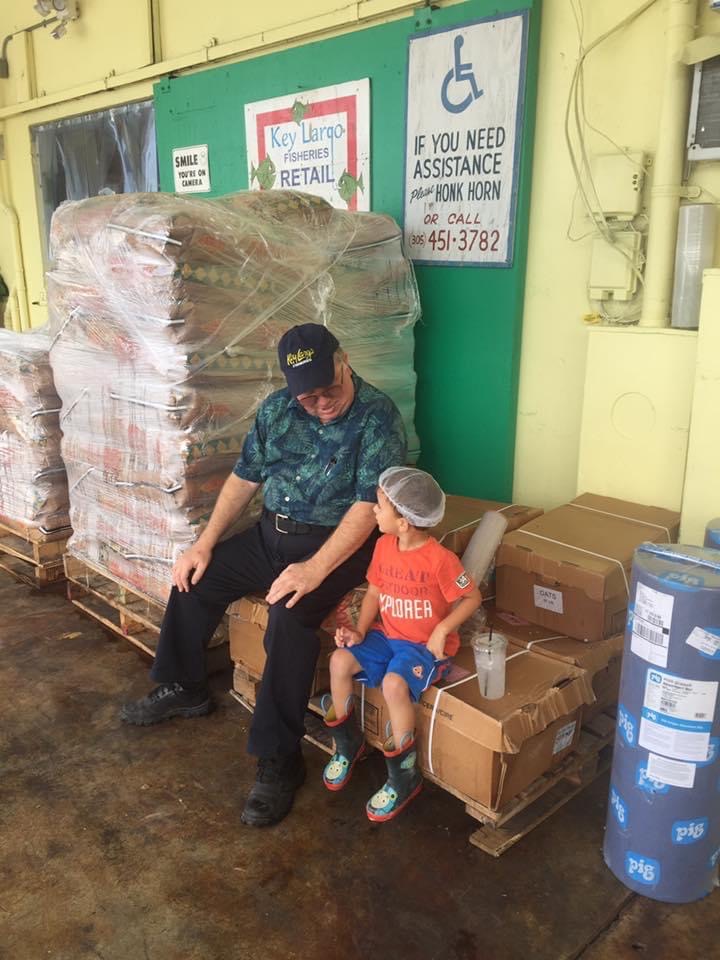
Last year, the family decided it was time to pass on their legacy to two men who could take the business to the next level without sacrificing everything they’ve built. They fielded offers for years but patiently waited for the right fit.
“Bob Charney and Mark Anderson share our community-minded philosophy and desire to protect the commercial fishing industry in the Keys. Fishing and the Keys go hand in hand, and, as my father always said, it’s a culture worth saving.”
–Jerrica Mah is a writer, Army wife, and freelance book editor, who loves to travel with her family.


